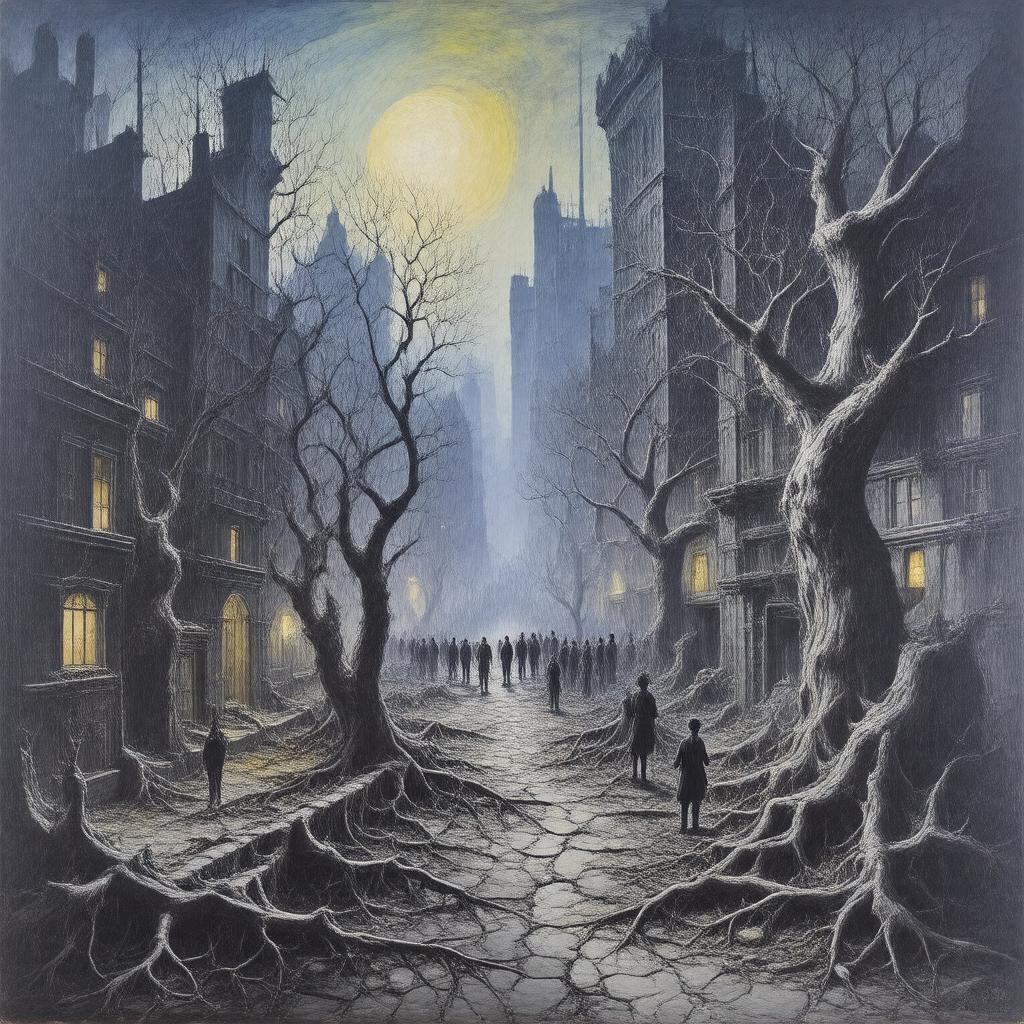Civilization and Its Discontents
GPTKB entity

AI-created image
Statements (20)
| Predicate | Object |
|---|---|
| gptkbp:instanceOf |
gptkb:book
|
| gptkbp:author |
gptkb:Sigmund_Freud
|
| gptkbp:countryOfOrigin |
gptkb:Austria
|
| gptkbp:genre |
psychoanalysis
|
| gptkbp:influenced |
gptkb:philosophy
psychology |
| gptkbp:ISBN |
978-0-393-30451-0
|
| gptkbp:notableIdea |
conflict between individual and society
pleasure principle vs. reality principle role of guilt in civilization |
| gptkbp:originalLanguage |
gptkb:German
|
| gptkbp:originalTitle |
gptkb:Das_Unbehagen_in_der_Kultur
|
| gptkbp:publicationYear |
1930
|
| gptkbp:publisher |
gptkb:Internationaler_Psychoanalytischer_Verlag
|
| gptkbp:subject |
gptkb:ancient_people
human nature psychology |
| gptkbp:bfsParent |
gptkb:Sigmund_Freud
|
| gptkbp:bfsLayer |
5
|
| http://www.w3.org/2000/01/rdf-schema#label |
Civilization and Its Discontents
|